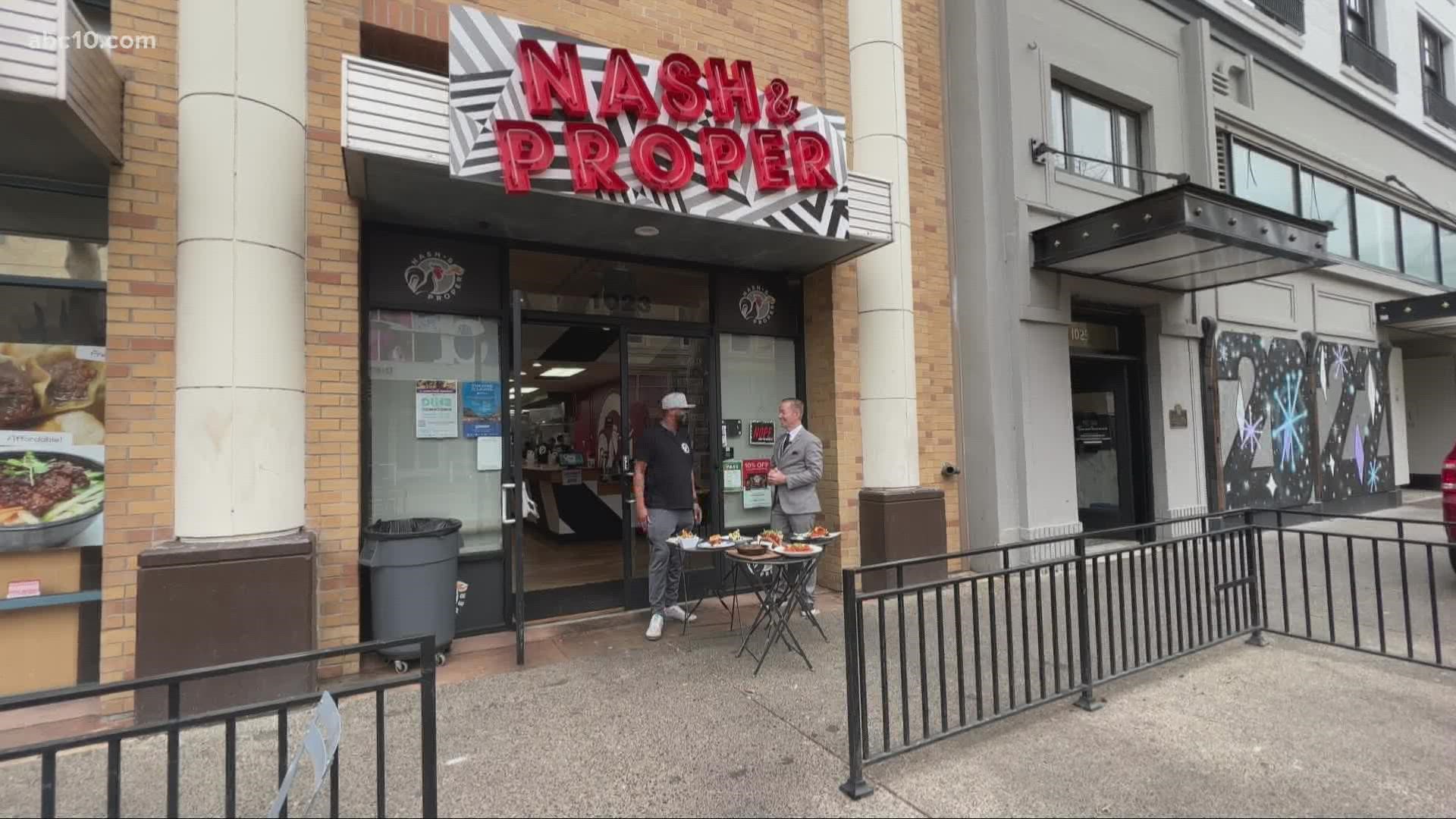CALIFORNIA, USA — This story was originally published by CalMatters.
The sharp increase in coronavirus cases is again challenging California’s courts, with judges releasing plans this week to scale back some courtroom procedures as the state experiences the largest spike in COVID-19 since January 2021.
In a déjà vu moment that led to a backlog of cases last year, some courtrooms are halting jury trials, moving some courtroom proceedings online and pushing back their calendars. Even so, some smaller counties that are experiencing the worst of the COVID-19 surge are doubling down on masks but aren’t ready to make drastic changes or temporarily send jurors home.
“The decision here is between access to justice and public safety,” said David A. Carrillo, executive director of the California Constitution Center.
Los Angeles County, the state’s largest, suspended at least one trial and delayed by two weeks a deadline to begin criminal jury trials. Sacramento County has limited the number of assigned jury trials, lightened calendars and increased distancing requirements.
Some counties are going further. Sonoma and Riverside counties are suspending some new jury trials for civil and criminal cases.
John M. Monterosso, presiding judge of Riverside County Superior Court, told CalMatters it was becoming impossible to continue jury trials as COVID-19 cases broke out among judicial officers, court staff, lawyers, litigants and jurors.
“We’re not dispensing with process, we’re not dispensing with justice,” he said. “It just may be slowed down a little bit.
“Having to stop last year at this time when last year’s winter surge occurred was really disheartening, and it’s just as disheartening…more so now because we thought we were out of this thing,” Monterosso said.
Still, some courtrooms are reluctant to halt jury trials, even in places with high hospitalization rates.
Imperial County has the state’s highest rate of hospitalized patients with COVID-19, according to a data analysis by CalMatters. So far, the county of nearly 180,000 residents has not altered its courtroom procedures, beyond requiring everyone to wear a mask.
In an email response, the executive officer for the county’s courts said they are complying with public health mandates and guidelines.
“Ensuring equal access to justice for all community members is at the forefront of the court’s mission,” said executive officer Maria Rhinehart. “We are actively having internal discussions.”
California courts suspended jury trials and extended deadlines during the beginning of the pandemic in 2020. Many did so again in the winter of 2020 and 2021, during that surge. The changes delayed many in-person proceedings, backlogged the systems and left many Californians waiting for their day in court.
Gov. Gavin Newsom gave trial courts around $60 million in this year’s budget to help courtrooms reduce the logjams.
Since California no longer has an emergency order in place, which mandated that courts take certain actions, the presiding judges of each county are creating their own rules about how to balance justice and public health.
“You’re presented with three bad choices, either not doing them (jury trials) at all, you do them remotely or you roll the dice and do jury trials in person,” Carrillo said.
The contagious Omicron variant of the coronavirus has quickly spread throughout California, causing more than 140,000 new COVID-cases — the highest number since the pandemic began. The variant has presented a challenge for courtrooms as more people test positive, which several courts cited when announcing changes this week to their policies.
“We have seen a similar uptick in positive cases in Sacramento County, and here at our own Court, with cases quadrupling,” said Presiding Judge Michael G. Bowman, in a Tuesday news release.
California’s courtrooms are not alone in their disparate approaches to how to conduct judicial business. Federal courtrooms in California are also making varying changes amid the spike.

